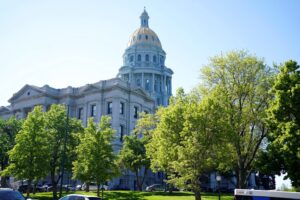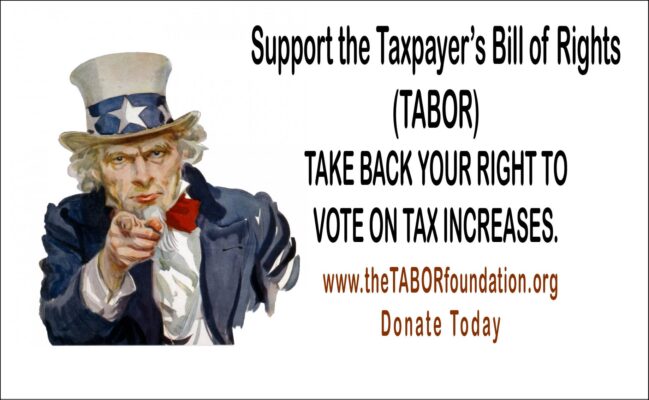In a major victory for taxpayers, a unanimous panel of the Colorado Court of Appeals agreed with the National Taxpayers Union Foundation’s Taxpayer Defense Center (NTUF) that an overnight doubling of the property taxes in a few Northern Colorado counties violated the Colorado Taxpayer’s Bill of Rights (TABOR).
We represented James Aranci and his neighbors, who were shocked to learn in 2020 that their property taxes to the Lower South Platte Water Conservancy District doubled from 2019 to 2020 (and the years thereafter). TABOR mandates a ratification vote of any proposed tax increase or new debt taken on by government entities–including water districts. But there was no vote from Aranci or anyone else. So we came to help in their challenge to this unconstitutional tax increase.
The court held in this case that the doubling of the rate increased the tax revenue to the water district, and thus there should have been a TABOR vote. The court read the relevant case law in the same way as we did, holding that Huber v. Colorado Mining Association–which was about a ministerial tax adjustment based on inflation–did not apply here, where the water district had a lot of options for balancing its budget.
To continue reading this story, please click (HERE) to go to Complete Colorado.



 AP Photo/David Zalubowski
AP Photo/David Zalubowski
